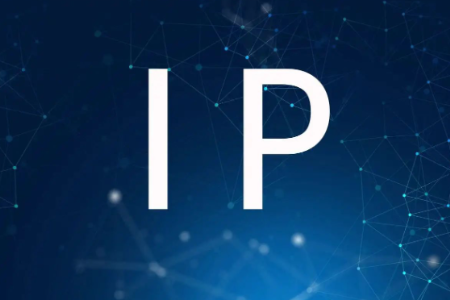One or more public IP addresses are usually allocated in the home residential network, which are used to connect to the Internet. These IP addresses are usually allocated by your Internet service provider (ISP) instead of your own purchase or configuration. Here are some important information related to family residential IP:
Public IP address: Your home residential network will be assigned one or more public IP addresses. This is one of the key identifiers of your network and the Internet. Your public IP address is the only one in the world to reach your network on the Internet on the Internet.
Dynamic IP VS. Static IP: Most home residential networks use dynamic IP addresses, which means that your ISP will regularly change your IP address. This is usually sufficient for ordinary Internet use. However, in some cases, you may need a static IP address to ensure that your network service always has the same IP address.

NAT (network address conversion): Family residential network usually uses NAT to allow multiple devices to share a single public IP address. NAT has mailed multiple devices on your LAN to a single public IP address.
IPv4 and IPv6: IPv4 is currently widely used IP protocol, but because of the depletion of IPv4 address, IPv6 is gradually popular. Your home network may support IPv4 and IPv6 at the same time. This depends on your ISP and router.
Portal forwarding: If you run the server or specific network application, you may need to set the port forwarding to route the external network request to your internal network device. This is usually configured in the router settings.
IP address allocation: The device in the home network can automatically allocate the IP address through DHCP (dynamic host configuration protocol), or manually configure a fixed IP address. Usually, home network devices use DHCP to get IP addresses.
Security: You should protect your home residential IP address from malicious access. This includes a strong password, opening firewall and regular updating the firmware of the network device.
Please note that family residential IP addresses are usually managed by your ISP. You cannot buy or change them yourself unless you reach a special agreement with ISP. If you have special needs, such as hosting server or remote access, you may need to contact ISP to get more information.

 EN
EN
 CN
CN









